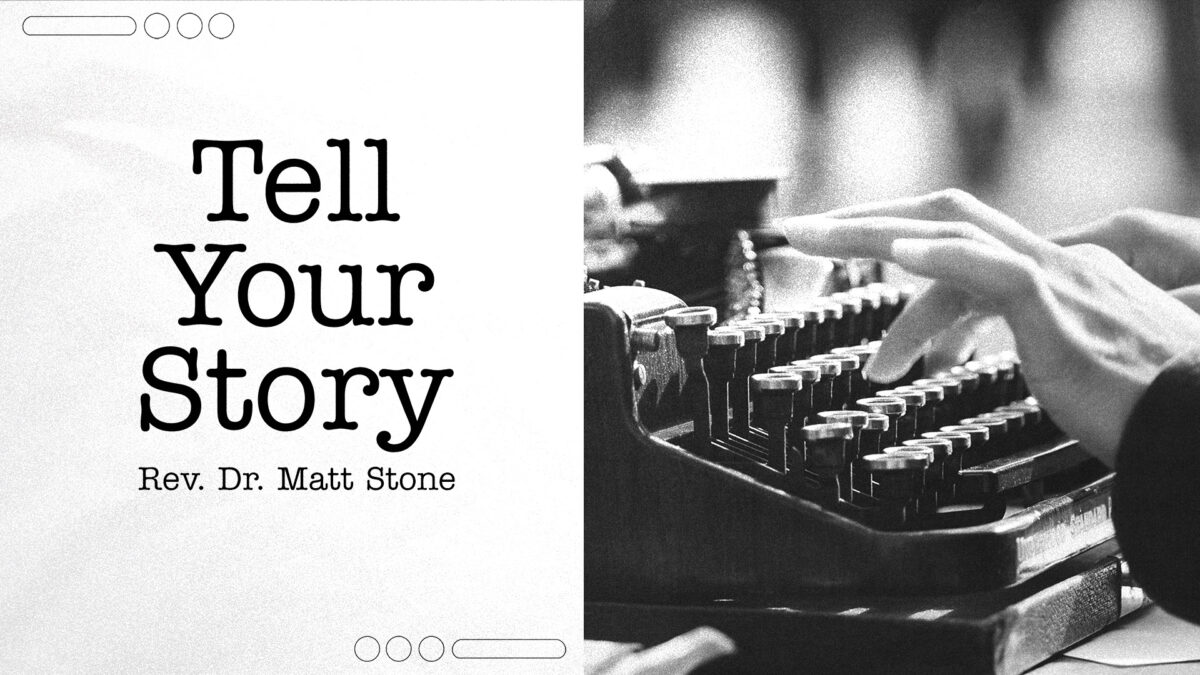I have the worst memory. More specifically, I have the worst long-term memory. It’s easy to remember where I’m going in a sermon or facts and figures for a meeting (obviously maps fall in this category!). It’s an entirely different story when it comes to childhood memories, collegiate adventures or life with two under two. I’m sure there’s a reason for this – most likely involving some long forgotten childhood experience that taught me to forget painful things rather than hold on to them. Unfortunately, alongside forgetting painful memories, this pattern extends to joyful, meaningful and transformative memories as well. It takes extraordinary work for me to remember events or experiences for more than a couple years. Weird, I know.
While some of us have no trouble remembering even the smallest details years later (my brother-in-law can still tell you every jersey number he ever played with as well as the numbers of his friends from elementary through college), I don’t think I’m alone in struggling with memory. There’s only so much we can hold in our finite brains! That’s why we must tell and re-tell our stories. Storytelling is crucial for our church, and no less important for us individually. Sharing each other’s stories reminds us that God has shown up for us in the past, and if God is the same “yesterday, today and forever,” (Hebrews 13:8) then we journey into tomorrow’s challenges all the more confident in the God who goes with us!
Likewise, telling our own stories of God’s grace and goodness – whether to someone else or just for ourselves – is critically important for our spiritual health. Putting words to God’s work in our lives helps cement the reality of the experience. When enough time has passed, it’s too easy to begin wondering – even questioning – whether God actually showed up for us in the past. Perhaps I’m remembering it wrong? Maybe that was just a fog? Did God actually do that, or did I make it up? Telling and re-telling our stories gives us confidence that God actually did something in our lives. For people like me, storytelling also acts as a hedge against amnesia. It’s too easy for the lessons we’ve learned or encounters with God in the past to fade or be lost altogether in the dark recesses of our memories.
As you listen to the stories of other PTCUMC-ers in the next couple weeks, I hope their accounts of God’s work will bring to mind stories of God’s work, grace and goodness in your lives. If so, I wonder if you would consider writing those stories down somewhere. No one else needs to read it; you don’t have to submit it to the church or your kids or your spouse. Just keep it for yourself for now; let it be a kind of ebenezer for you (ebenezers were monuments built to commemorate a significant event in Israel’s life). Hold on to that written account so that you can return to it when life gets to be a little too difficult, busy or painful. Let it remind you that God showed up once upon a time for you, and He will yet again.


